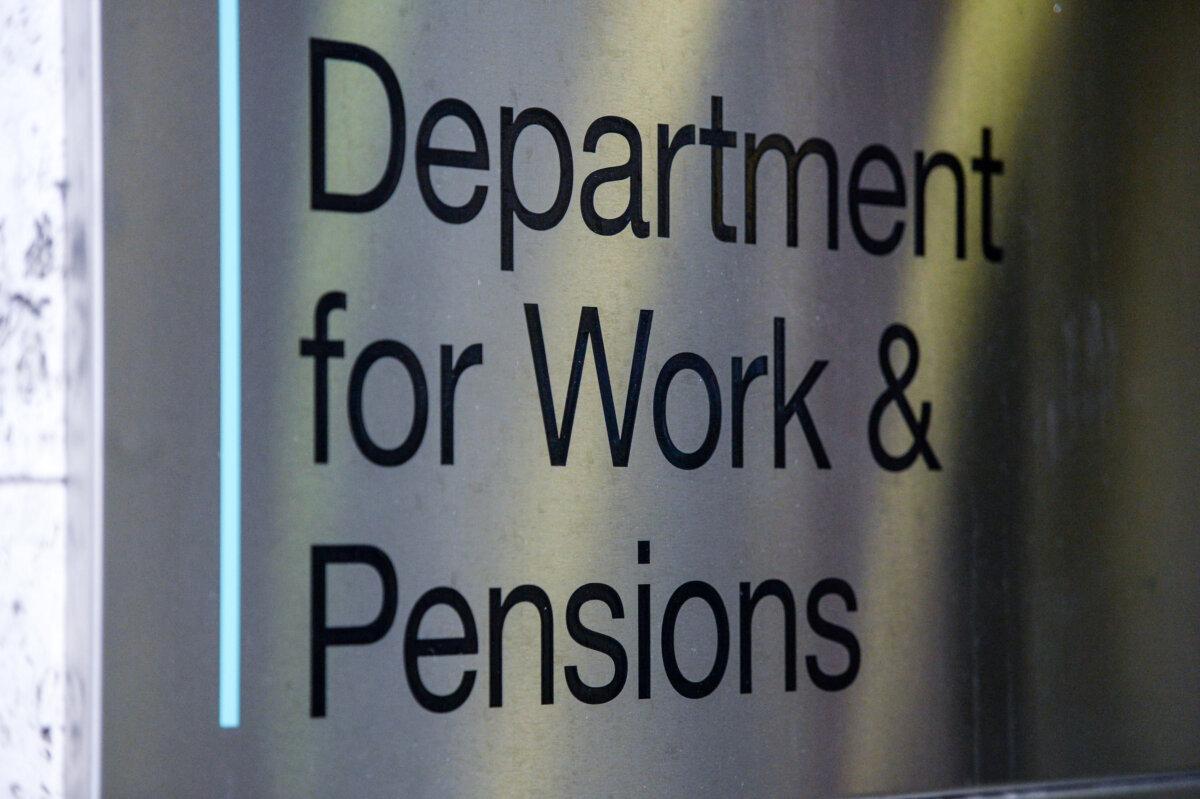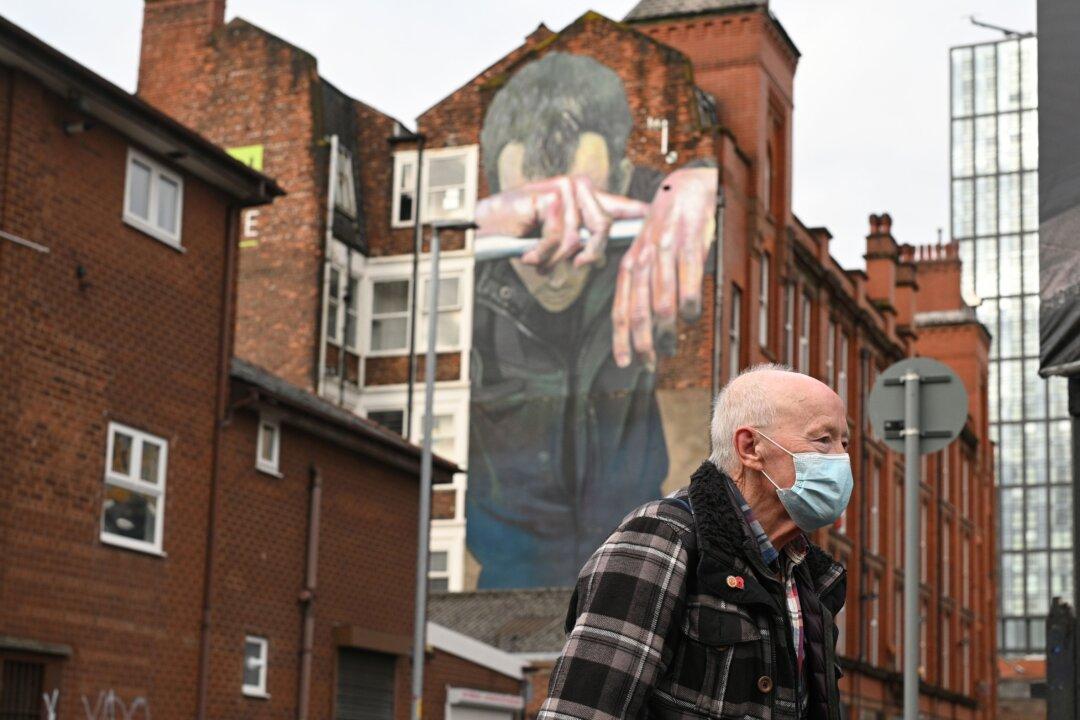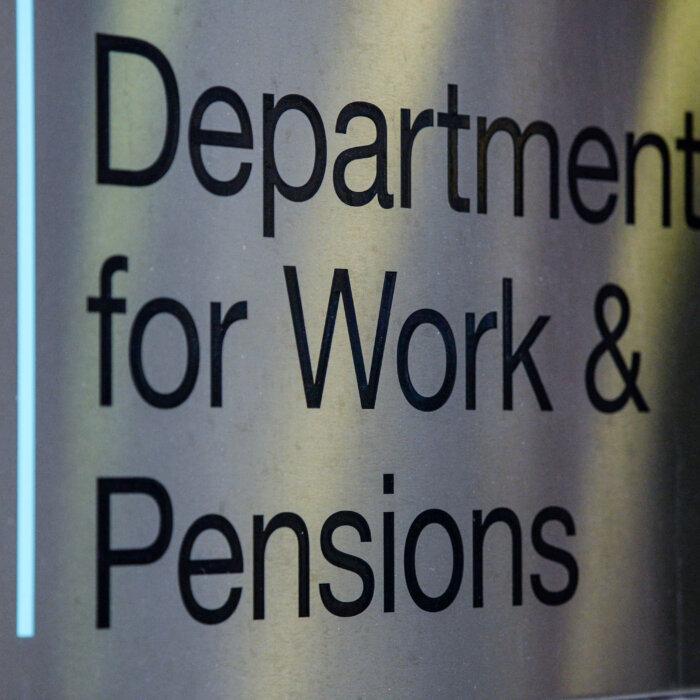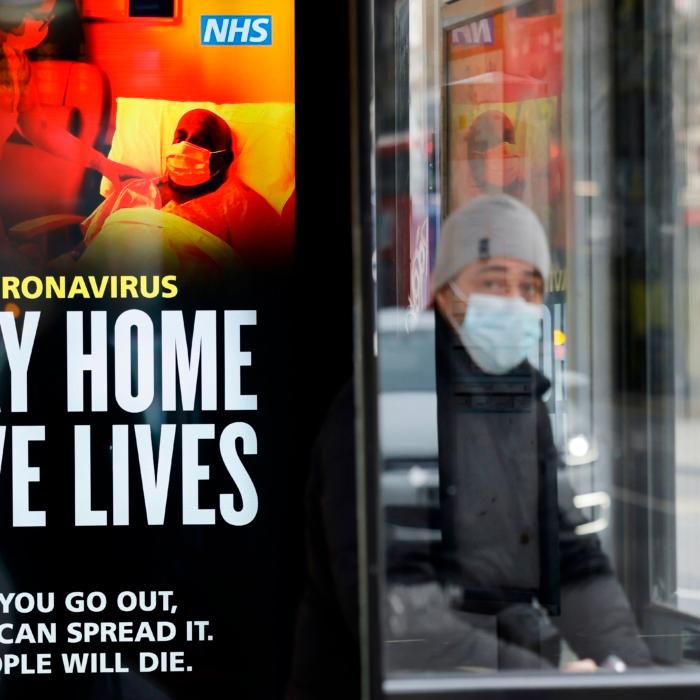The British Chambers of Commerce (BCC) is warning of a workless “lost generation,” caused partly by the number of young people suffering from poor mental health.
The body is calling for immediate government action which it says is needed to help young people from generation Z, generally defined as those born between 1997–2012, to enter the workplace or education.
‘Double Whammy’
Shevaun Haviland, director general of the BCC, said: “The UK’s active workforce is rapidly ageing, while the number of young people who are not in employment, education or training is at its highest level for a decade.“Generation Z face a double whammy of increasing barriers to entering the workforce, and reducing opportunities as the number of vacancies continues to fall.
“But research shows the longer we leave this pool of talent to drift away from the workplace the harder it becomes for them to engage.”
‘Rise of Anxiety’
Last week’s report from the Tony Blair Institute (TBI) pointed to soaring numbers of people reporting poor mental health and claiming benefits since the COVID-19 lockdown era.“One clear trend is the rise of anxiety particularly since the COVID-19 pandemic. Data from the Annual Population Survey show that prior to the pandemic, self-reported levels of anxiety in the population were relatively stable. Since 2019, however, the number of people reporting high levels of anxiety has surged and remained high, with 23 per cent of working-age adults reporting ‘poor anxiety’ in 2023,” authors for the former prime minister’s organisation wrote.
Mental health conditions are now the most commonly reason cited by people across all age groups who are out of work owing to long-term sickness, the report by the TBI notes.
“The reasons behind this shift remain unclear. It may reflect a rise in true prevalence, but other factors could also be at play – such as distorted financial incentives within the system, overdiagnosis or changing public attitudes and awareness around mental health.
“Whatever the cause, one thing is clear: the current trajectory is unsustainable,” the authors concluded.
The study highlights a 168 percent reported increase in depression, anxiety, and stress among those aged 16–24 in the two decades ending in 2019, with a 42 percent rise seen across all age groups.
Surging Benefits Bill
Claims for mental health conditions have fuelled a nationwide surge in benefits payments since the lockdown era, with an estimated 25 percent in income tax predicted to be used to fund sickness benefits by the end of this decade, unless the trajectory changes.The precise figures are not reliable, because they are based on the statistics agency’s labour market survey, which is hampered by low response rates, especially for younger age groups.

Almost half (46 percent) of those surveyed told The King’s Trust researchers they have additional mental health issues or caring responsibilities owing to the lockdown era which meant they were out of work.
Youth Guarantee Scheme
Last month, the government announced a series of welfare reforms, including sweeping cuts to disability benefits and an expansion of so-called “back-to-work support,” which it said will help young people diagnosed with mental health problems to enter the workforce.The Department for Work and Pensions (DWP) announced a Youth Guarantee Scheme in November, aimed at giving all 18- to 21-year-olds access to training, an apprenticeship, or support to find work, as part of a broader strategy aimed at tackling worklessness and ill health in the wider population.
“Young people have also been left behind with one in eight young people not in education, employment or training, and nine million adults lack the essential skills they need to get on in work.”
The government proposes to set up eight youth “trailblazer” areas across the country, allocating £45 million to identify those “most at risk of falling out of education or employment and match them to opportunities for education, training or work,” with a further £40 million allocated to transform the Apprenticeship system.
However, the BCC said in its report that there was a lack of clarity as to how the youth guarantee scheme will work in practice, and whether there will be sufficient funding to last the entire course of the next Parliament.
“Details of how this will be delivered, and the role of employers, are still unclear. While employers want to support the initiative, the rising cost of employment and the squeeze on training budgets could restrict their ability to participate.”
The BCC noted that there is a “lack of incentive” for small- and medium-sized businesses to take on young people, particularly those classed as NEET, because of the financial risk.
“Employers report that young people are more resource-intensive to train and employ, due to their increased need for pastoral care, and their higher staff turnover. Combined with the likelihood that NEETs may have additional needs such as Special Educational Needs (SEN) or mental health challenges, resource-stretched SMEs may feel unable to offer the support needed,” the authors said, adding that the role of government should be to “derisk” this for businesses that take on and retain these young people.







